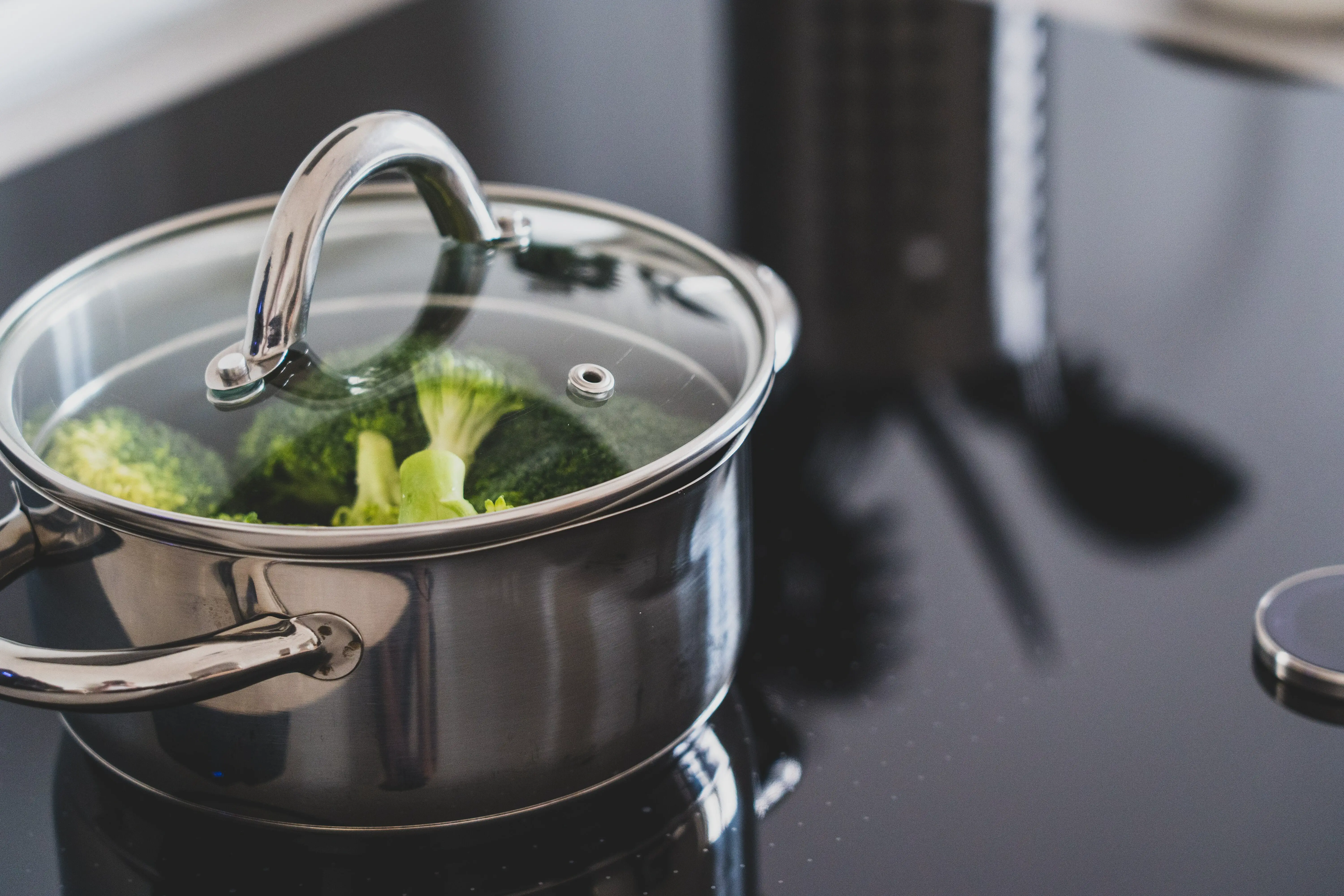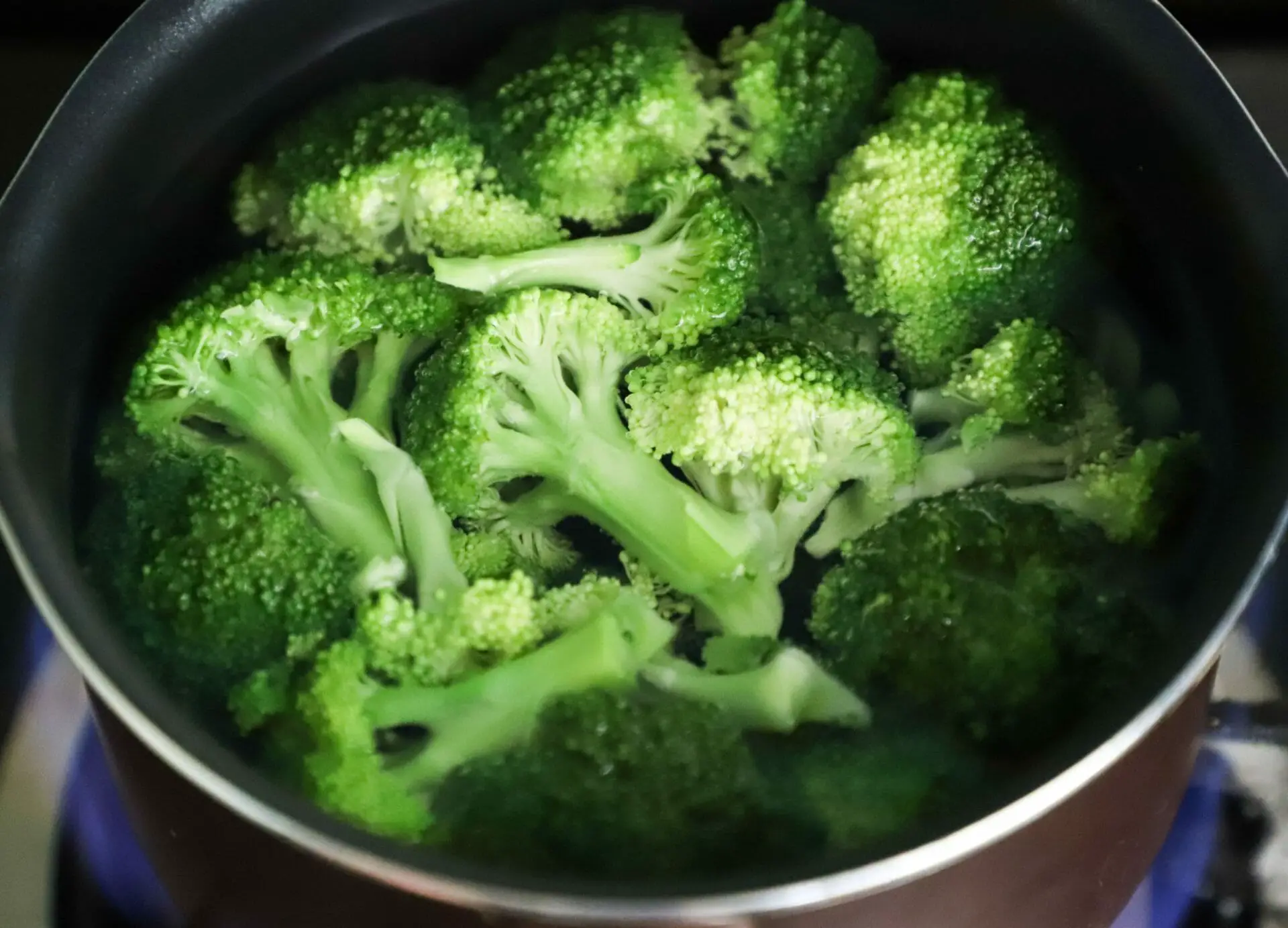What is broccoli good for? This article will explain how this vegetable can be good for your body. Broccoli is said to have a number of health benefits, such as reducing cancer risk and helping to control blood sugar levels. It has been linked with the prevention of diabetes and heart disease as well. In this blog post, we’ll explore more about what broccoli does for your body!
What you will learn
What is broccoli good for?-Benefits include:
Prevent Cancer
It is a cruciferous vegetable, which means it has sulfur-containing compounds that can help prevent cancer. In addition, it’s full of antioxidants that may protect against some cancers such as prostate cancer and breast cancer because they neutralize free radicals in the body before they can damage healthy cells.
Prevents Clots
One cup has about a 91% DV (daily value) for vitamin K, which can help the blood clot properly and prevent the formation of dangerous clots. Check this blog out on vitamin K.
Prevent Heart Disease
This veggie has is a good source of folate or vitamin B-12 which means it could reduce your risk for heart disease by regulating homocysteine levels in your body! Broccoli has also been linked to the prevention of heart disease. Research shows that it can lower cholesterol levels, which helps prevent plaque buildup in your arteries and reduces the risk for stroke or a fatal heart attack. Its high fiber content may also help reduce LDL (bad) cholesterol by as much as 20%.
Promote Urinary Health
People who eat more broccoli have stronger bones and healthier teeth because this veggie is rich in vitamins A & C, both of which are important for healthy teeth and skin.
It’s also high in vitamin C and fiber which means it can help control your blood sugar levels and prevent diabetes. It helps to regulate glucose metabolism, which slows the rate at which sugars are absorbed into the bloodstream. One cup has about 13% DV (daily value) for Vitamin C, which aids iron absorption from other plant sources like beans or leafy greens; 45% DV for calcium, which is essential for strong bones; and 76% DV for vitamin A.
Potassium
One cup has about 45 milligrams (mg) of potassium – so eating more broccoli means you’re just a little closer to getting that 50 – 100 mg per day recommended as part of an overall healthful diet.
How to Eat Broccoli
Broccoli tastes great raw or roasted in some olive oil with salt and pepper mixed right in! You can steam or sauté it too but remember not to overcook because it will lose a lot of its nutritional benefits.
Broccoli is only at its best when eaten fresh and close to harvest time, so make sure you’re buying broccoli that looks healthy and has crisp-looking leaves – not wilted ones!

Here are some ideas on how to add this beneficial vegetable to your diet:
- Make a broccoli casserole with cream of mushroom soup, sour cream, and garlic
- Add broccoli to your favorite pasta dish for extra nutrients
- Create a stir fry using broccoli, tofu, and sesame oil
- Steam the florets until tender but still crisp in the center before adding them to your salad
- Serve steamed broccoli as a side dish with dinner or lunch
- Grate raw broccoli into fresh salads for an added crunchy texture
- Add to your favorite soup
- Roast with olive oil and garlic
- Bake in the oven with cheese on top
Conclusion
Broccoli is good for you because it’s full of vitamins, minerals, and fiber. It also contains a variety of phytonutrients that may help with cancer prevention. Whether you’re looking to eat more vegetables or trying to lose weight, broccoli can be an important part of your diet!

